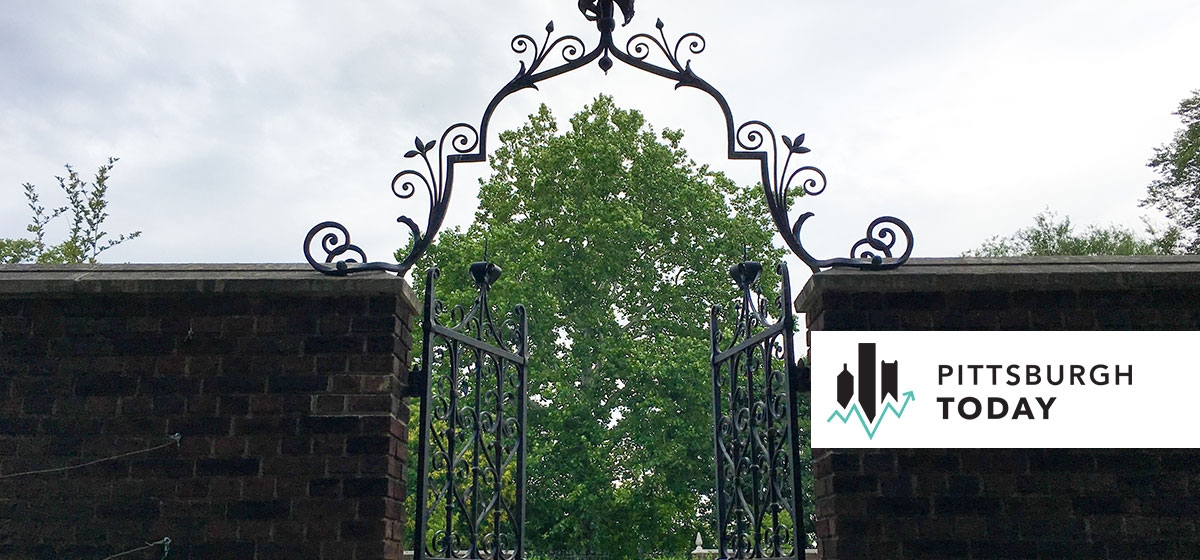City Parks Fell Short in Funding Until Voters Said OK to New Tax

When City of Pittsburgh residents voted to raise their property taxes to support public parks earlier this month, they chipped away at a major obstacle to the city park system being rated as one of the best in urban America.
Voters in November approved a referendum for a .5-mill property tax increase for capital improvements and maintenance for the city’s parks. The tax will cost city property owners $50 for every $100,000 of assessed value and is estimated to generate about $10 million for parks each year.
City residents’ willingness to tax themselves is not altogether surprising. About 35 percent of them visit outdoor public recreation facilities more than 20 times a year, according to a 2018 Pittsburgh Today and the University of Pittsburgh University Center for Social and Urban Research quality of life survey. That’s a higher rate than Allegheny County residents who live outside the city, 29 percent of who visit parks as frequently.
The Pittsburgh Parks Conservancy, a non-profit advocacy group and fundraising arm for the city’s parks, led the campaign for the tax. A key part of the campaign was hosting 230 public meetings across the city over seven months.
“Clearly Pittsburghers understand and value the parks,” said Jayne Miller, president and chief executive officer of the Pittsburgh Parks Conservancy. The nonprofit, which has raised $110 million in private funds for city public parks, led the campaign to approve the tax referendum, which included 230 public meetings on the issue.
“Older Pittsburghers who knew the parks when they were in great shape miss that. They see the condition they’re in today and recognize why some people don’t use them because they aren’t in great shape. I always go back to those stories.”
The City of Pittsburgh’s park system ranks 22nd out of the 100 largest cities in the U.S. in 2019, according to the Park Score from the Trust for Public Land, a national nonprofit parks advocacy group. Washington D.C.’s parks topped in the list this year. The measure considers key characteristics, such as acreage, amenities, access and investment. Investment was Pittsburgh’s weakest score with a rating of 62.5 out of 100.
The city’s park support has relied heavily on private funding, raised primarily through the Pittsburgh Parks Conservancy. Miller said the conservancy will continue to raise private funds with the goal of matching the taxpayer contributions. The tax dollars raised are directed to the city.
Some of the improvements park goers can expect to see in the near future might include: trash collected and lawns mowed more often, improved conditions at the ball fields, improved technology and services at senior centers and expanded hours at the city’s pools.
People should begin to see improvements in their parks next year, but a total facelift for the parks system will take time, Miller said. “It took 50 years for the parks to get in the condition that they’re in and it’s going to take a long time to get out.”





